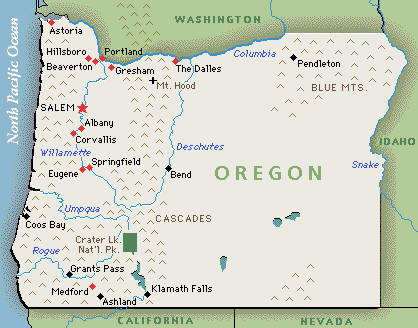 Industrial-scale illicit cannabis grow operations are being raided by police in Southern Oregon. Licit-market prices are totally depressed in Oregon, yet the illicit market continues to be evidently lucrative. What explains this contradiction, and what can be done?
Industrial-scale illicit cannabis grow operations are being raided by police in Southern Oregon. Licit-market prices are totally depressed in Oregon, yet the illicit market continues to be evidently lucrative. What explains this contradiction, and what can be done?

 Growing numbers around the United States and the world are using cannabis to treat a wide spectrum of medical conditions, and legal space is widening for them to do so. So it's a particular irony that hospitals as a rule bar cannabis from their premises. More voices in the medical industry are now grappling with this dilemma.
Growing numbers around the United States and the world are using cannabis to treat a wide spectrum of medical conditions, and legal space is widening for them to do so. So it's a particular irony that hospitals as a rule bar cannabis from their premises. More voices in the medical industry are now grappling with this dilemma. Zambia becomes the latest African country to legalize cannabis cultivation—in the midst of a shriveling drought that has caused massive crop failures. The landlocked republic could be an unwilling test case in whether cannabis is as effective a drought-resistant crop as its boosters claim.
Zambia becomes the latest African country to legalize cannabis cultivation—in the midst of a shriveling drought that has caused massive crop failures. The landlocked republic could be an unwilling test case in whether cannabis is as effective a drought-resistant crop as its boosters claim.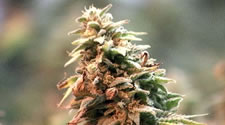 So-called "smokable hemp" is suddenly available in shops from coast to coast, legal under terms of last year's Farm Bill. But law enforcement is consternated, conservative politicians are apoplectic, and legislation is being prepared to ban the stuff at the state level. Is this permissible under federal law?
So-called "smokable hemp" is suddenly available in shops from coast to coast, legal under terms of last year's Farm Bill. But law enforcement is consternated, conservative politicians are apoplectic, and legislation is being prepared to ban the stuff at the state level. Is this permissible under federal law?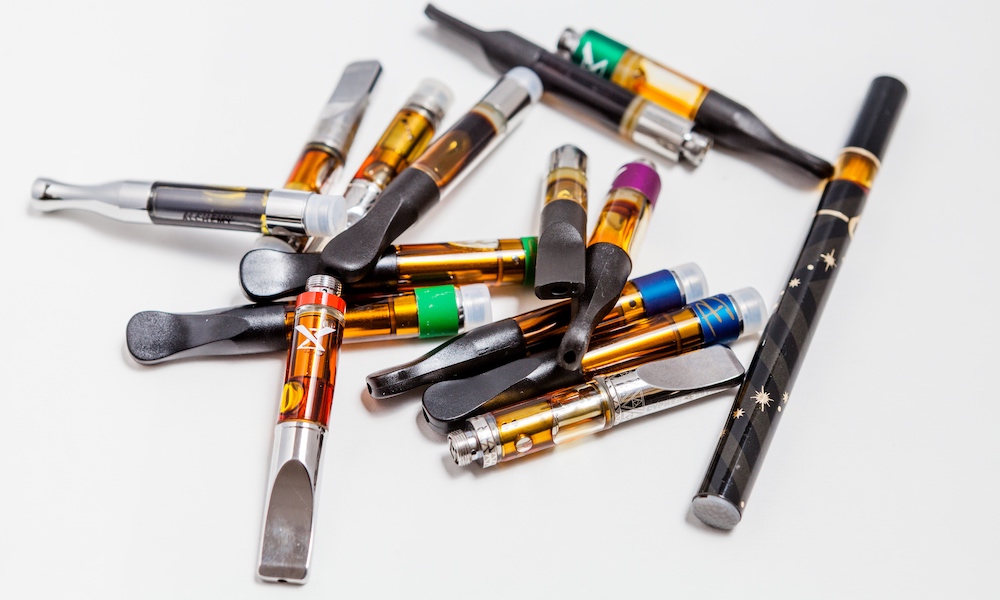 Health authorities have named Vitamin E acetate as a likely suspect in the serious illness that has now affected hundreds across the country after vaping either cannabis or tobacco products. In many of the cases illicit-market dab carts appear to be responsible for the severe pulmonary problems that have now resulted in five deaths. But public authorities and the cannabis industry alike caution that research is ongoing.
Health authorities have named Vitamin E acetate as a likely suspect in the serious illness that has now affected hundreds across the country after vaping either cannabis or tobacco products. In many of the cases illicit-market dab carts appear to be responsible for the severe pulmonary problems that have now resulted in five deaths. But public authorities and the cannabis industry alike caution that research is ongoing.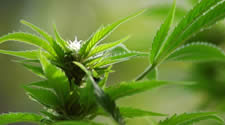 With passage of the Farm Bill and removal of hemp-derived CBD from controlled substance status, big market growth is expected for the very chic and purportedly salubrious non-psychoactive cannabinoid. The law is a win for a nascent CBD industry that has been struggling to shake off the lingering stigma surrounding (psychoactive) cannabis. The effort to segment cannabidiol from "marijuana" is exemplified in the several states that now have "CBD-only" laws.
With passage of the Farm Bill and removal of hemp-derived CBD from controlled substance status, big market growth is expected for the very chic and purportedly salubrious non-psychoactive cannabinoid. The law is a win for a nascent CBD industry that has been struggling to shake off the lingering stigma surrounding (psychoactive) cannabis. The effort to segment cannabidiol from "marijuana" is exemplified in the several states that now have "CBD-only" laws.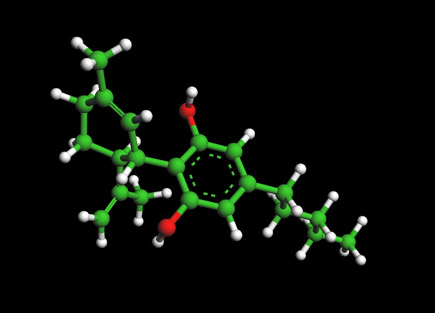 It has long been established that cannabis can effectively treat glaucoma, a condition that damages the optic nerve and can lead to blindness. However, new research indicates that while THC helps fight glaucoma, its cousin cannabinoid CBD has the opposite effect—and could actually counteract the efficacy of THC.
It has long been established that cannabis can effectively treat glaucoma, a condition that damages the optic nerve and can lead to blindness. However, new research indicates that while THC helps fight glaucoma, its cousin cannabinoid CBD has the opposite effect—and could actually counteract the efficacy of THC.





Recent comments
1 week 5 days ago
1 week 5 days ago
4 weeks 6 days ago
5 weeks 5 days ago
9 weeks 5 days ago
13 weeks 4 days ago
17 weeks 4 days ago
18 weeks 2 days ago
28 weeks 2 days ago
32 weeks 2 days ago